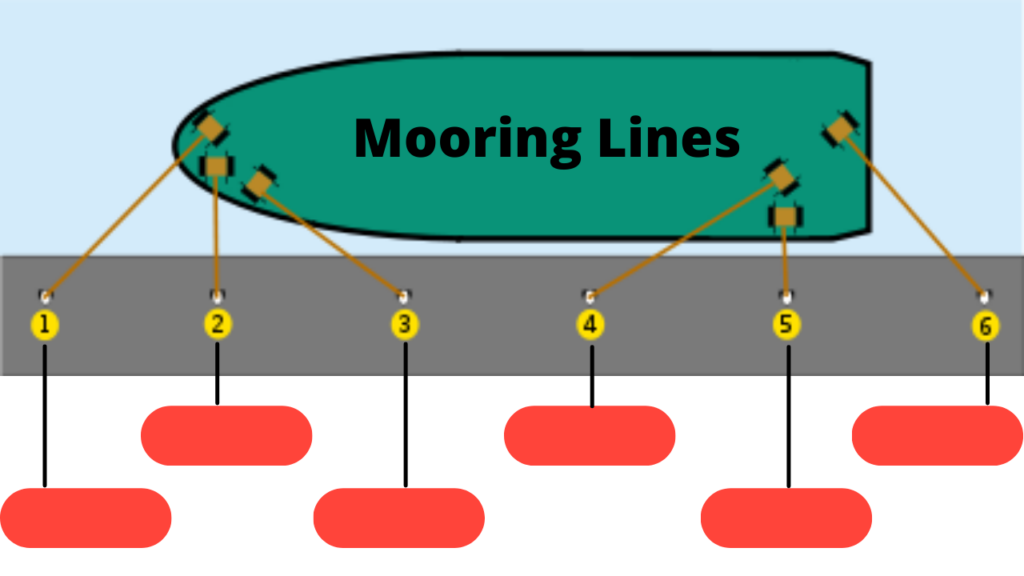Self-worth Is Not a Variable
Peter Soderman, SMART Recovery® Facilitator, Mexico
 Even more important to our emotional health than the language we use to describe everyday situations are the terms we use to characterize the most important person in our lives — ourselves. Every single day we use words like jerk, dope, fool, moron, and even worse to define ourselves. Sometimes we use language like this in our heads, and sometimes say it under our breath or even aloud as though we have sentenced ourselves to ongoing perpetual judgment. We create a no-win situation resulting in our going through the day with self-worth rising and falling in relation to how we think our “ideal” self should function. We rate our individual attributes and arbitrary traits, none of which could ever define our intrinsic self-worth, and yet we behave as though they do.
Even more important to our emotional health than the language we use to describe everyday situations are the terms we use to characterize the most important person in our lives — ourselves. Every single day we use words like jerk, dope, fool, moron, and even worse to define ourselves. Sometimes we use language like this in our heads, and sometimes say it under our breath or even aloud as though we have sentenced ourselves to ongoing perpetual judgment. We create a no-win situation resulting in our going through the day with self-worth rising and falling in relation to how we think our “ideal” self should function. We rate our individual attributes and arbitrary traits, none of which could ever define our intrinsic self-worth, and yet we behave as though they do.
Do you think green is good or bad? You might say something is more or less green, or that green is bad for some purposes, or even that you don’t like green. What you cannot honestly say is that green is intrinsically good or bad. Similarly, we cannot accurately and honestly rate ourselves, our essence as good or bad. We do, though, and cause ourselves great emotional disturbance by doing it.
Do yourself a favor. Refuse to rate yourself. When you catch yourself doing it, chuckle, and correct the internal language to reflect the true situation more accurately. Instead of thinking (or saying): “What did you do that for, you dumb jerk!” Try: “Next time, try to focus more on what you’re doing.” The first remark makes a general statement about your whole persona, while the second merely acknowledges that perhaps you weren’t “there” as much as you should have been. See the difference?
This concept is part of what we call Unconditional Self-Acceptance, or USA, and you will see it referenced in the upcoming chapters. What we shoot for in USA is a complete acceptance of ourselves for no other reason than that we are alive, and we have the capacity to enjoy our existence. We have various traits, and we behave differently depending upon our experiences and how we perceive the situation.
The important thing to remember is we are not our behavior. We can assess our behavior, along with our various traits, but what we cannot honestly do is evaluate something as diverse and complex as our entire selves. We have many traits, and we cannot judge our entire selves based upon any one of them. If we do, we invariably end up causing ourselves emotional upset as a result.
No one else can give us self-acceptance — it can only come from ourselves. The best part is that we are free to choose it at any time.
Source: The forgoing is an excerpt from “Powerless No Longer,” published by Pete Soderman, and is the property of the author.
About the Author: Pete Soderman is a Smart Facilitator, author, and lecturer who co-founded the SMART meeting in Wilmington, NC with Mike Werner, and is currently facilitating a SMART meeting in Ajijic, Jalisco Mexico. He has just published a book about addiction titled: “Powerless No Longer,” which is available from Amazon.com in both printed and electronic formats, and will soon be available as an audiobook. He has been involved in the addiction and treatment field for many years, and has started several addiction recovery meetings.




